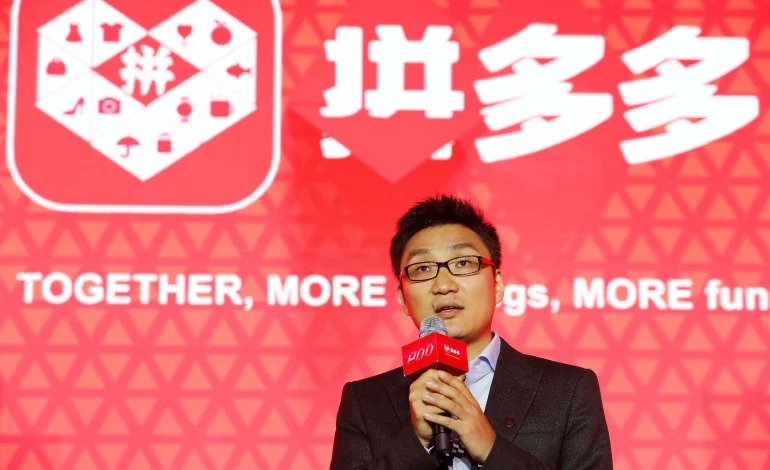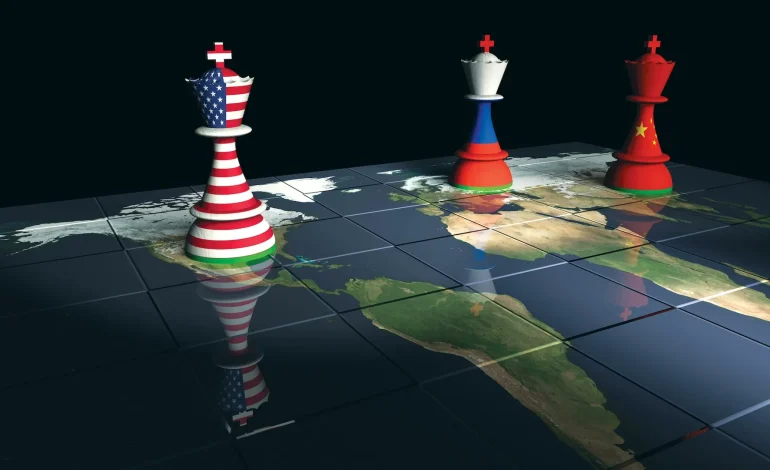Colin Huang and the Pinduoduo Playbook

How PDD’s founder reinvented e-commerce with group buying and global ambition.
✍️ Dr. Michael Tan – Economist on platform strategies and global supply chains
From Engineer to Entrepreneur
Colin Huang, a former Google engineer, returned to China in the 2000s with a vision to build digital platforms that could reach beyond affluent urban elites. In 2015, he founded Pinduoduo (PDD), an e-commerce platform built on a simple but disruptive idea: group buying.
By incentivizing users to team up for discounts, PDD unlocked demand from smaller cities and rural consumers who had been underserved by platforms like Alibaba and JD.com. Within five years, Huang’s creation became one of the fastest-growing e-commerce firms in history, eventually expanding globally under the brand Temu.
The Group-Buying Revolution
Pinduoduo’s genius was social commerce. Unlike traditional e-commerce, where shoppers browse individually, PDD gamified shopping, turning purchases into collective experiences. Users shared deals on WeChat, invited friends to join, and in doing so, blended social networks with retail.
This model resonated with price-sensitive consumers and reshaped the economics of e-commerce. It lowered customer acquisition costs, boosted loyalty, and gave PDD unprecedented reach into markets competitors had ignored.
Global Expansion: Enter Temu
Huang’s ambitions didn’t stop at China. In 2022, PDD launched Temu, its overseas marketplace. Within months, Temu became one of the most downloaded shopping apps in the U.S., Europe, and beyond.
By leveraging PDD’s supplier network in China, Temu could offer ultra-low-cost products directly to global consumers, bypassing traditional retailers. Its rise reflects a broader trend: Chinese platforms using domestic scale and supply chain efficiency to compete globally.
Leadership Style
Unlike Jack Ma or Zhang Yiming, Colin Huang cultivated a low-profile, almost reclusive persona. Known for his analytical style, he focused more on systems and strategy than public appearances.
Huang stepped down from formal leadership in 2021, citing health and a desire to focus on philanthropy and science. Yet his strategic vision continues to guide PDD’s trajectory, especially as Temu cements its role in international trade.
Supply Chain Mastery
At the core of Huang’s playbook is supply chain optimization. PDD empowers small manufacturers in China to reach global consumers directly. By stripping away layers of middlemen, it reduces costs and offers real-time consumer feedback to factories.
This model not only boosts margins but also gives PDD leverage over suppliers, enabling it to shape production cycles with unmatched precision.
Financial Infrastructure Behind Trade
Cross-border commerce also requires efficient payment and settlement systems. PDD has experimented with integrated fintech solutions for suppliers, offering microloans, instant payouts, and digital escrow.
Some supply chain finance pilots have tested blockchain-based settlements to cut transaction costs and currency risks. In practice, this means suppliers get faster access to liquidity, while consumers benefit from lower prices. While invisible to most shoppers, these financial innovations are as critical as logistics in scaling platforms like Temu.
Challenges Ahead
Despite its success, PDD faces scrutiny. Regulators in the U.S. and Europe are investigating Temu’s pricing strategies and supply chain transparency. Environmental and labor advocates criticize ultra-low-cost retail for encouraging overconsumption.
Domestically, competition remains fierce: Alibaba and JD.com are fighting back with their own social commerce initiatives, while newer players explore niche markets.
Outlook: The Playbook’s Next Chapter
Colin Huang’s legacy is clear: he reimagined e-commerce not as a transaction, but as a social and global phenomenon. His playbook combines group buying, supply chain mastery, and fintech innovation into a model that continues to shape global retail.
Whether PDD and Temu can sustain momentum amid rising regulatory and reputational pressures remains uncertain. But what is certain is that Huang’s ideas have permanently altered the economics of online retail — in China and far beyond.






